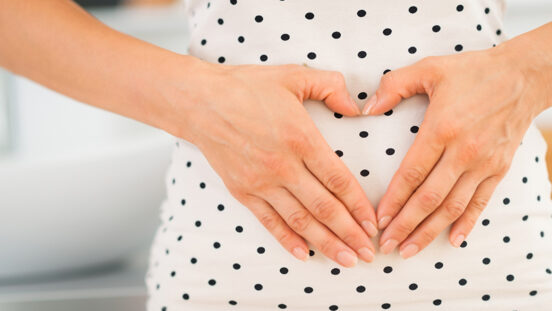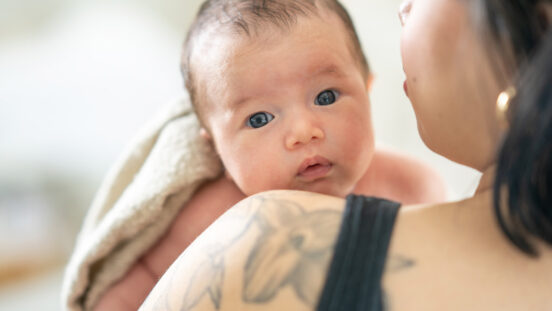10 weeks pregnant: What does your placenta do?

Discover what being 10 weeks pregnant means for you and your baby, from fetal development to body changes.
Well done! You’re already a quarter of the way through your pregnancy.
Your placenta is amazing. Find out what it actually does and what else is happening this 10th week of your pregnancy.
Your body at 10 weeks pregnant
Time to embark on the exciting journey of being 10 weeks pregnant.
Your amazing placenta
At around this time your placenta takes over the job of supplying your baby with food and oxygen, while the corpus luteum shrinks. The placenta is your baby’s lifeline during pregnancy and a unique link between the two of you.
The placenta secretes hormones that maintain pregnancy and prevent menstruation; it supplies your baby with food and oxygen and removes waste products; it forms a barrier against some infections, although not against viruses such as rubella (German measles) or toxins such as alcohol and nicotine. It also forms the amniotic fluid and the barrier between you and your baby’s blood.
Bleeding gums?
The increase in the volume of blood racing round your body means your gums may soften and bleed and more plaque is building up more. Try to avoid snacking on sugary foods and drinks. Regularly brush your teeth, but don’t brush too hard. If you don’t already visit your dentist regularly, now is the time to start: some studies have linked tooth decay to premature delivery.

Your baby at 10 weeks pregnant
Your baby now measures about 4.5cm and weighs around 5g. Her skeleton, which was made up of cartilage, is now hardening into bones.
Early screen tests
In addition to a booking-in scan (also called dating scan) at 11-16 weeks, you may be offered a nuchal translucency scan, at around 11-13 weeks. This helps to identify babies who may have Down syndrome. The nuchal fold at the back of the baby’s neck is measured with a high-definition ultrasound scanner to look for abnormal swelling.
Big head!
Your baby’s head is growing fast to accommodate her brain. It’s estimated that on average, during pregnancy, her brain produces a quarter of a million neurons per minute.
Learning to eat
As soon as your baby is born, she will need to know how to feed, swallow, digest and get rid of waste products. Her lips are already sensitive to the amniotic fluid around her or the touch of her hands, and her tongue has developed taste buds – not surprisingly, she’ll prefer sweet-tasting amniotic fluid to sour! Her saliva-making glands work, as do her gut and kidneys and already her stomach is producing tiny amounts of digestive juices.
She swallows small amounts of amniotic fluid, nutrients are extracted from it, while waste fluid is passed out as urine. The urine is sterile, so won’t contaminate the amniotic fluid. Tiny amounts of solid waste are stored in her intestine and will come when she passes her first faeces after birth, known as meconium.
Are we keeping you up?
She’s yawning – is she bored in there? No, just exercising her jaw muscles!




